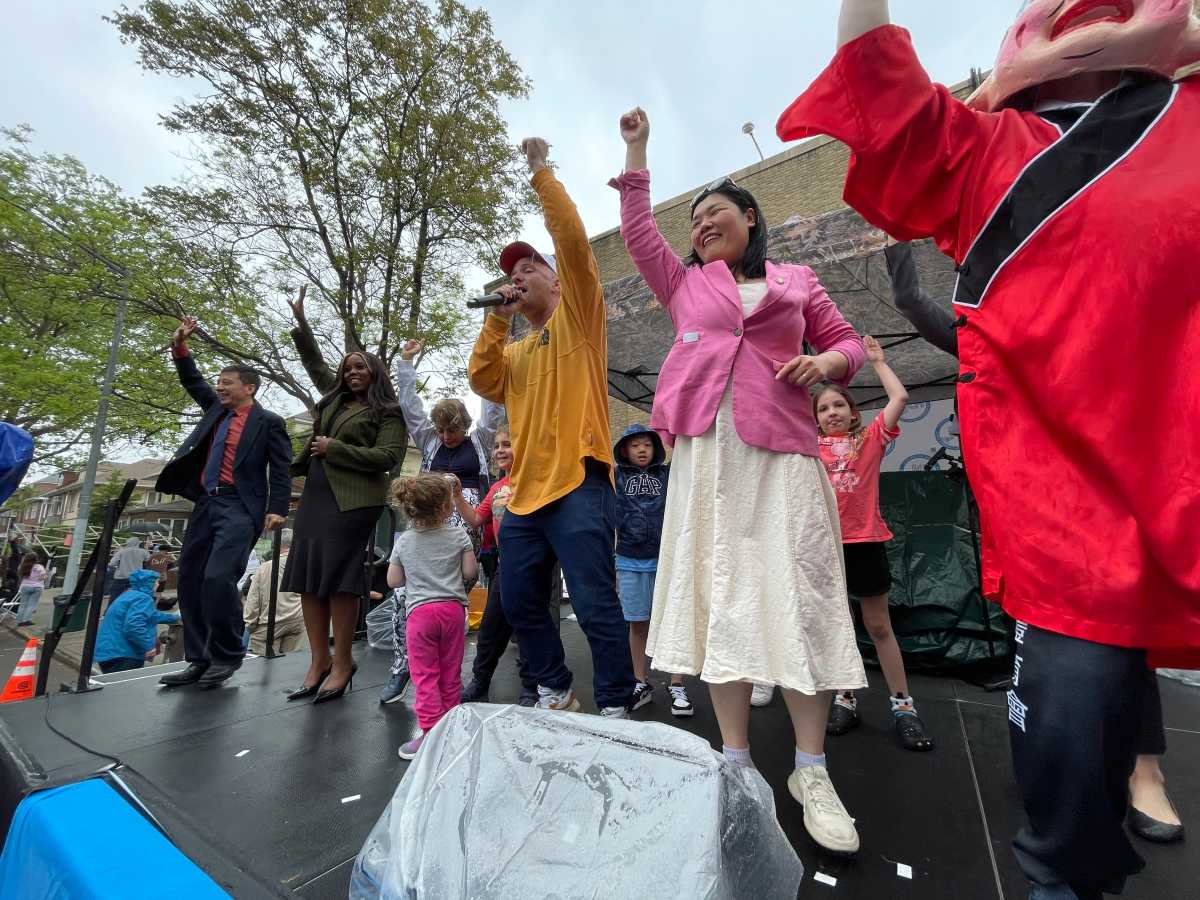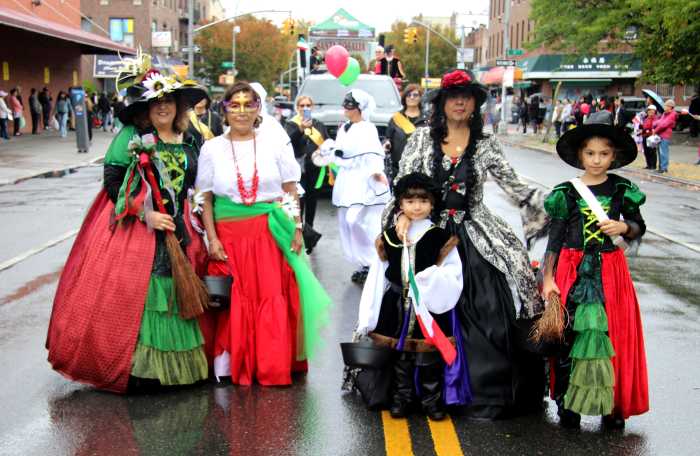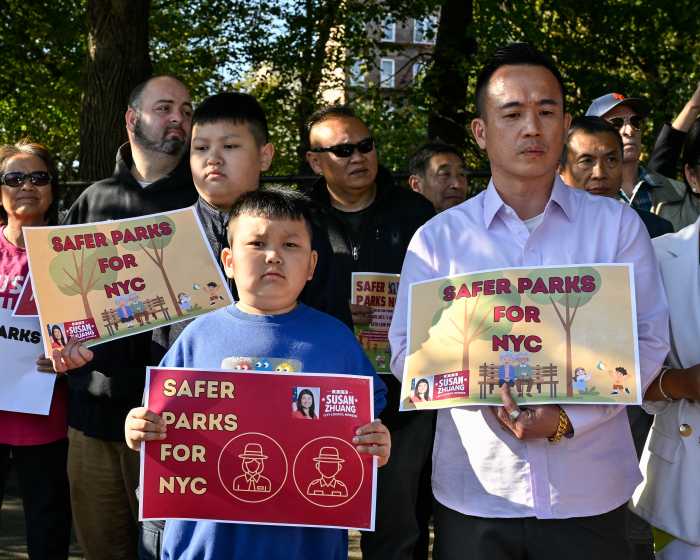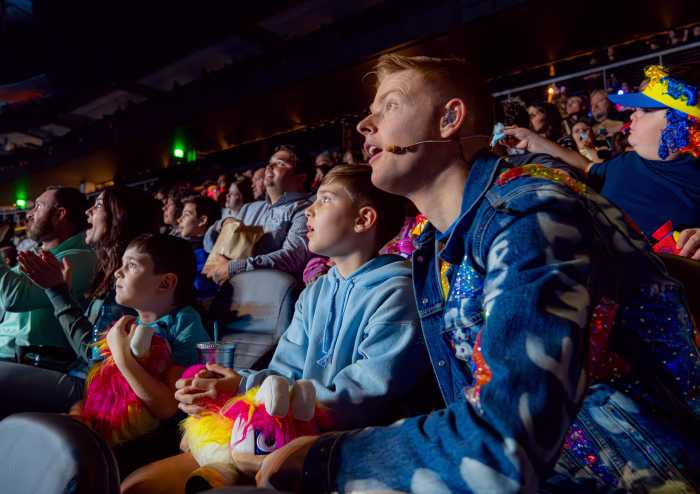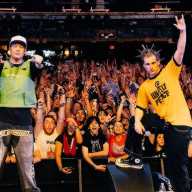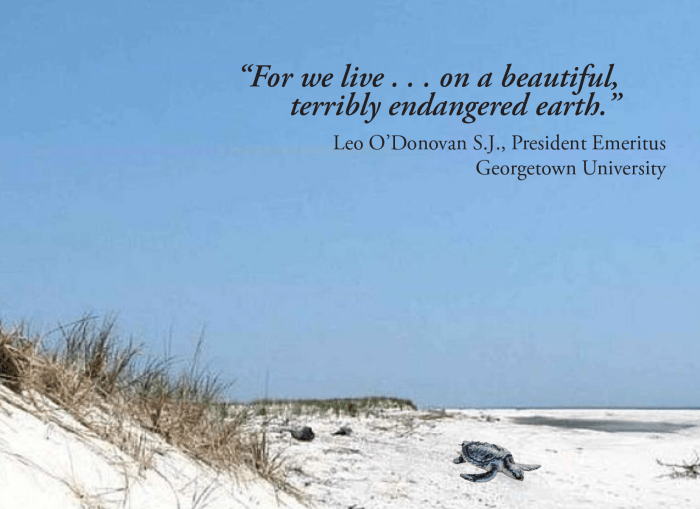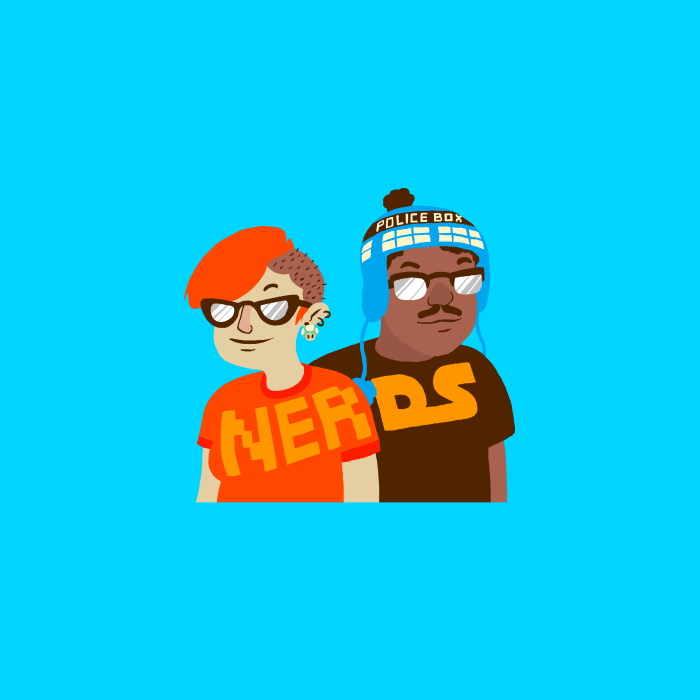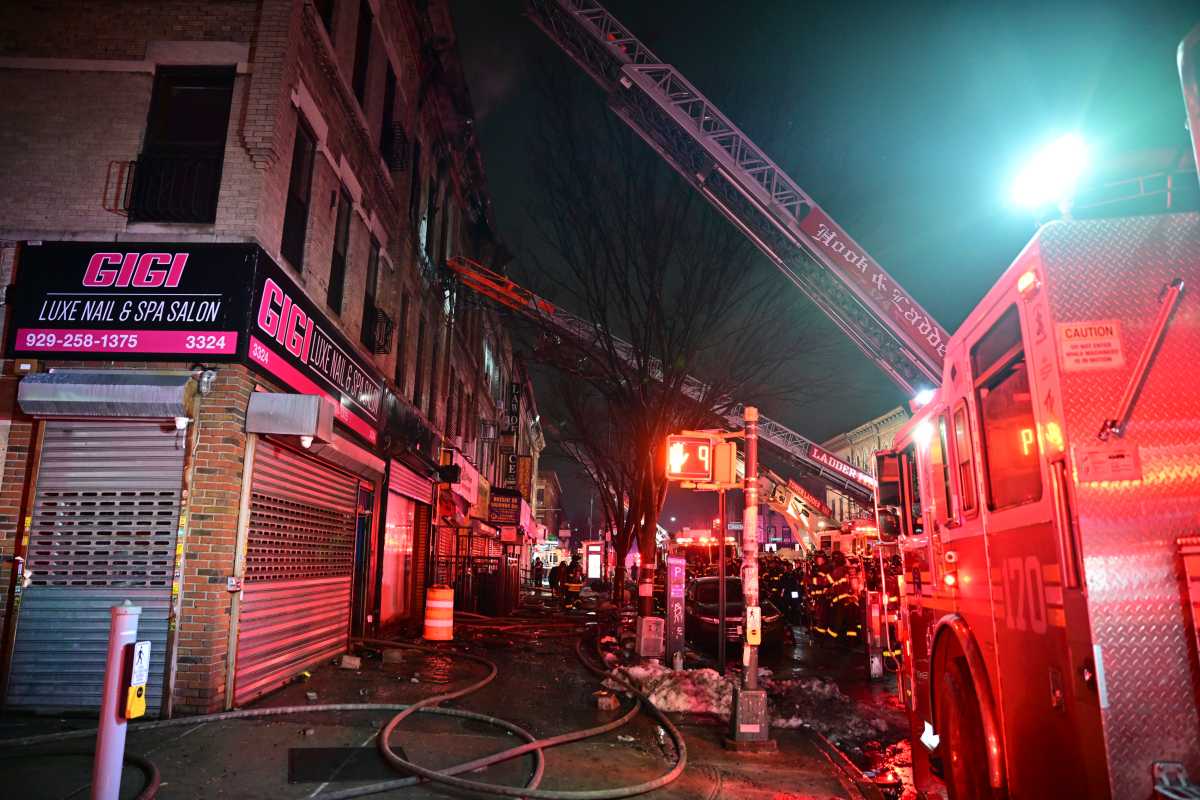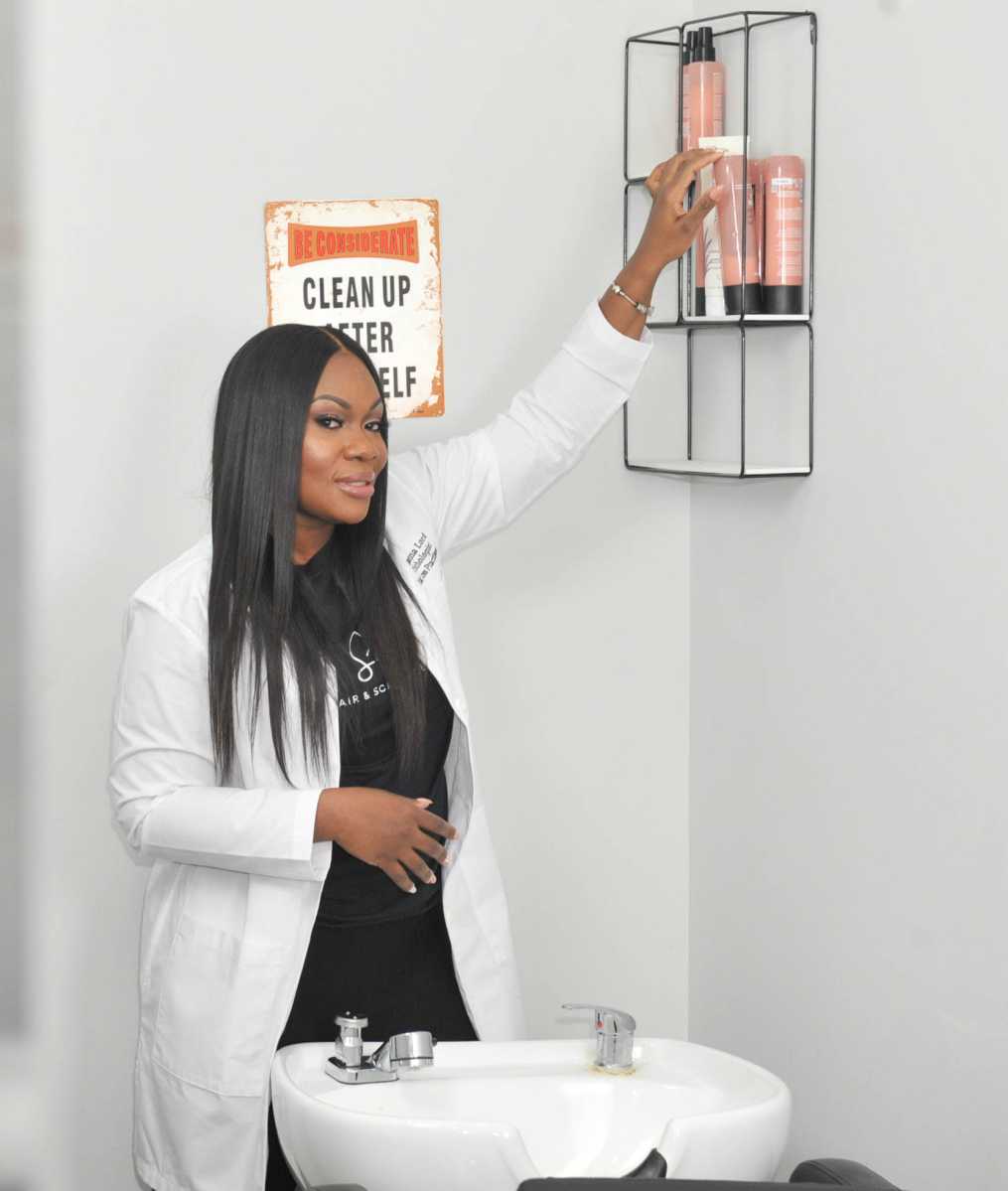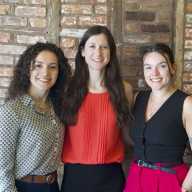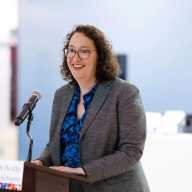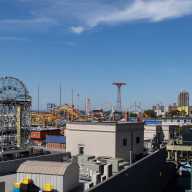Hundreds of Brooklynites and elected officials — among them U.S. Sen. Chuck Schumer and City Council members Farah Louis and Julie Menin — flocked to Bensonhurst on May 4 to kick off Jewish and Asian American and Pacific Islander Heritage Month with a celebration of Jewish and Asian resilience, heritage, and strength.
The second annual “A Bridge Between Cultures: Shalom Dragon” street festival highlighted the shared values of the Asian and Jewish traditions and showcased the resilience and solidarity between the two cultures, which have experienced an increase in racist attacks in recent years.
The festivities, which took place at 79th Street in Bensonhurst, featured a lively day of free activities for young and old, including Krav Maga classes, arts and crafts stations, drumming circles, and dance performances. Live performances included Rapper Kosha Dillz, David Pearlman, Wu Shu Kung Fu, Halo Dance Crew, Yaacov Mayma Jazz Band, and a special performance by none other than Schumer, who showed off his vocal talent with a rendition of “God Bless America.”

Council Member Susan Zhuang, whose district includes Bensonhurst, spearheaded the festival in partnership with Marks Jewish Community Center of Bensonhurst, the Jewish Community Relations Council of New York , the UJA Federation, and several other community organizations.
Zhuang and Mark Treyger, CEO of JCRC-NY, told Brooklyn Paper that the event aimed to foster inclusivity and for cultures to embrace each other, particularly at a time of rising hate crimes.
Treyger, who served in the New York City Council for the 47th district from 2014 to 2021, pointed out that “A Bridge Between Cultures: Shalom Dragon” was focused on building community and relationships because, too often, community leaders and members only gathered after hate crimes.
“This is a new tradition that we plan on continuing for years to come,” the former council member said. “So, to me, the big takeaway is [that] communities should not just come together during crises. We should come together every day to build community.”
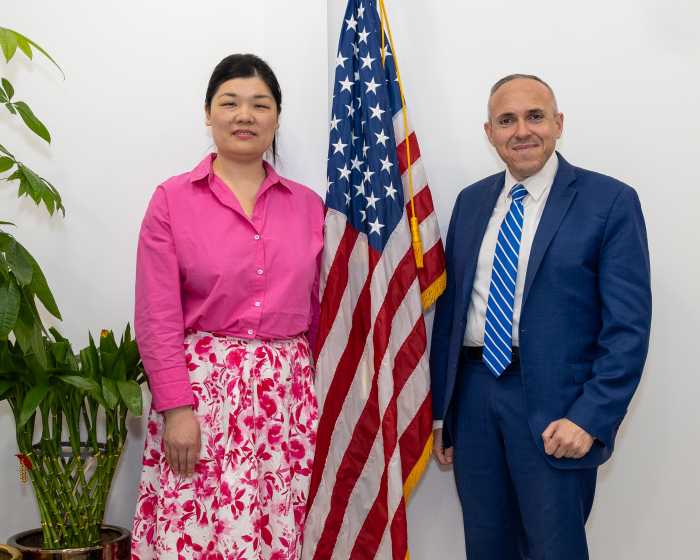
Zhuang, who immigrated to the United States from China when she was twenty, said she has experienced her share of racial discrimination.
“Even today, I speak with a strong accent; people laugh at me. They say I don’t speak English,” Zhuang said. “A lot of time, [people] look at [Asian Americans] differently. I’m already used to it, but still, it’s not fair to the kids.”
Treyger said Zhuang’s unwavering dedication to bringing communities together in the face of rising hate crimes was a testament to her leadership.

“I think it takes a certain level of skill and leadership to turn pain into purpose. Because if you’re a victim of hate discrimination, it could really eat at you,” Treyger said.
Zhuang referred to the cultural similarities between the Jewish and Asian American communities, which focused on values like family, education, respect for the elderly, and hard work.
“I want people to feel loved, even when we come from different backgrounds; there’s so much similarity between the two different cultures,” Zhuang said.
Zhuang believes that communities will only benefit if everyone tries to understand other New Yorkers’ cultures and support each other. She recalled that when a fire in her district displaced four Chinese American and two Italian American families, the Met Council -America’s largest Jewish non-profit organization- stepped in to help the families.
“This is the collaboration between different communities, and that is the beauty of New York City. It is diverse but united,” Zhuang said. “I believe in New York City. If we bring everyone together, New York City will have less hate, more love.


